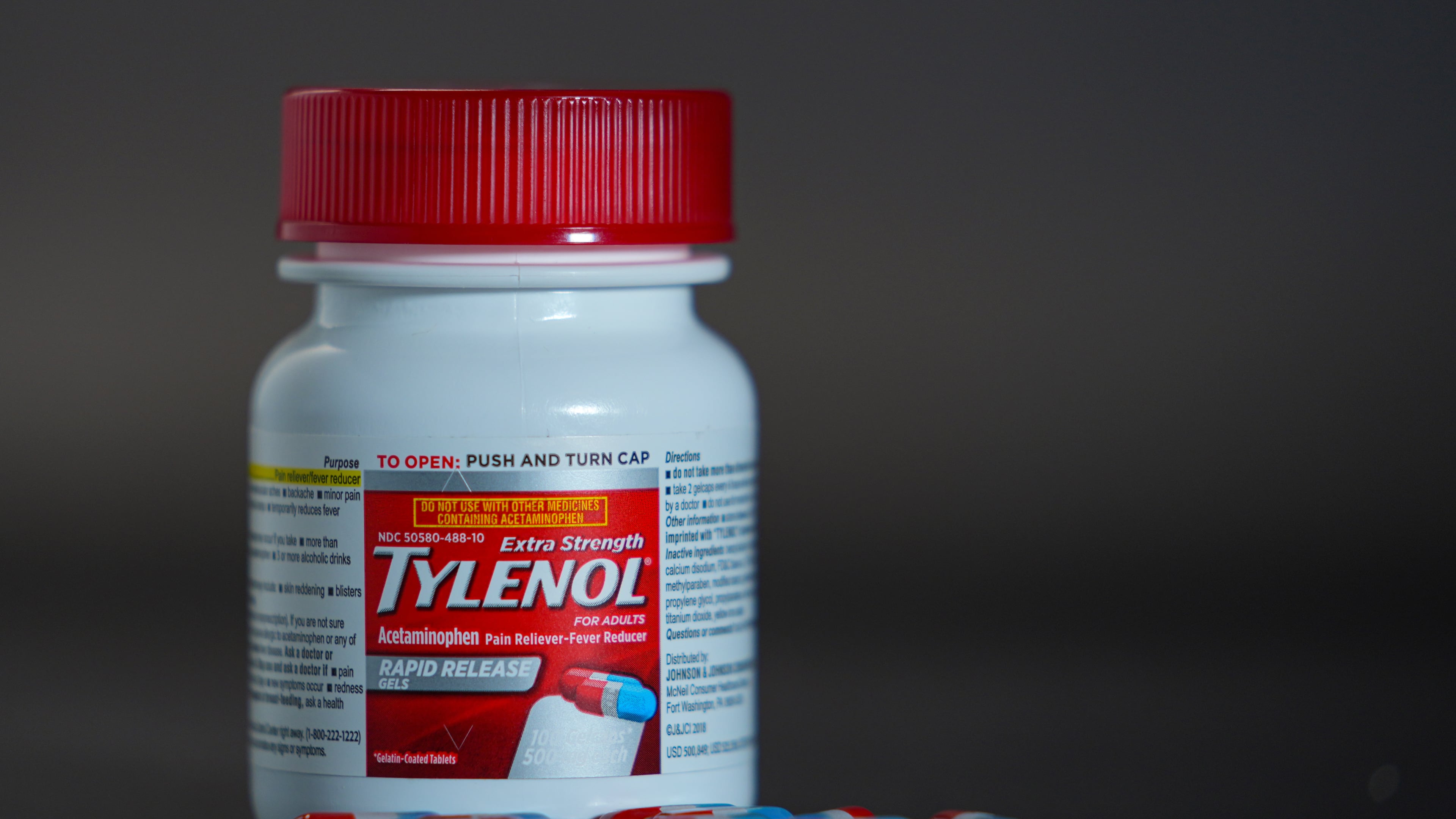Trump's unfounded claims heap new stress on household brand name Tylenol

President Donald Trump blasted Tylenol this week, promoting unproven links between the pain reliever and autism and pushing the well-established treatment into another national image crisis.
“Don’t take Tylenol,” Trump instructed pregnant women around a dozen times during a White House news conference. He also urged mothers not to give infants the drug, known by the generic name acetaminophen in the U.S. or paracetamol in other countries.
The attack on Tylenol by the U.S. president was unprecedented but not exactly new territory for one of the world’s most common pain relievers. Tylenol already has faced dozens of lawsuits regarding the autism claim, and it dealt with cyanide poisoning s in the 1980s that lead to a product recall.
Some studies have raised the possibility that taking the over-the-counter painkiller in pregnancy might be associated with a risk of autism — but many others haven’t found a connection.
The attack from Trump could invite more litigation and lead customers to switch to alternatives. But the maker of Tylenol, Kenvue Inc., is refuting Trump’s challenge, and analysts think loyalty to a product that has been on the market since the 1950s may ultimately limit damage.
Acetaminophen, the active ingredient in Tylenol, has long been one of the most popular pain relievers and fever reducers in the U.S., used by upwards of 100 million Americans annually.
Tylenol had been made by Johnson & Johnson for years before the health care giant spun its consumer products division into a separate company called Kenvue in 2023 because it was thought that the companies could function more efficiently if they were independent from each other. Aside from Tylenol, the consumer health company makes Band-Aids, Listerine and other household brand names.
Kenvue, which has already struggled this year with disappointing financial results and a CEO switch, has said it faces litigation in federal court over the autism claims. It noted in an annual filing earlier this year that many of those claims have been dismissed but are being appealed.
Citi Investment Research analyst Filippo Falorni wrote that he sees a limited risk of new lawsuits after the dismissal of the previous claims. But he thinks “there could be risk to Tylenol consumption given the negative headlines.”
Kenvue is fighting that. The company’s website about Tylenol notes that “credible, independent scientific data” shows no proven link between acetaminophen and autism.
It also links to statements from several medical associations discrediting any connection.
Ultimately, Morningstar analyst Keonhee Kim said he doesn’t expect a lasting sales impact on such an established brand.
“I think consumer loyalty and brand trust in the consumer health care space is usually stronger compared to some other, traditional (consumer products) categories,” he said.
Shares of Kenvue had shed about 20% of their value so far this year. The stock slipped as the week started with investors awaiting Trump’s news conference.
But shares rallied nearly 3% on Tuesday, as investors realized things could have been worse. Falorni said some had worried that Tylenol would be banned or that new data establishing a direct link between acetaminophen and autism would be released.
No new data was released Monday.
__
AP Health Writer Matthew Perrone contributed to this report.
More Stories
The Latest
